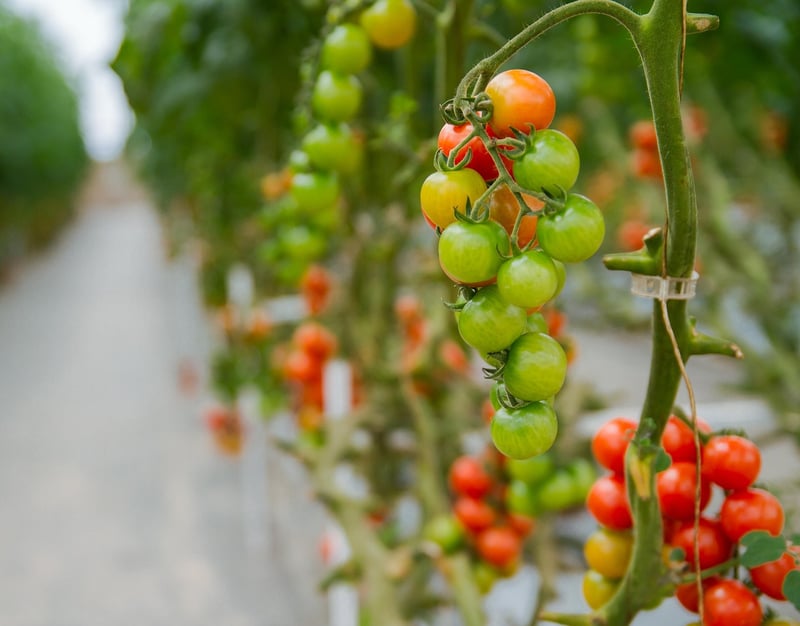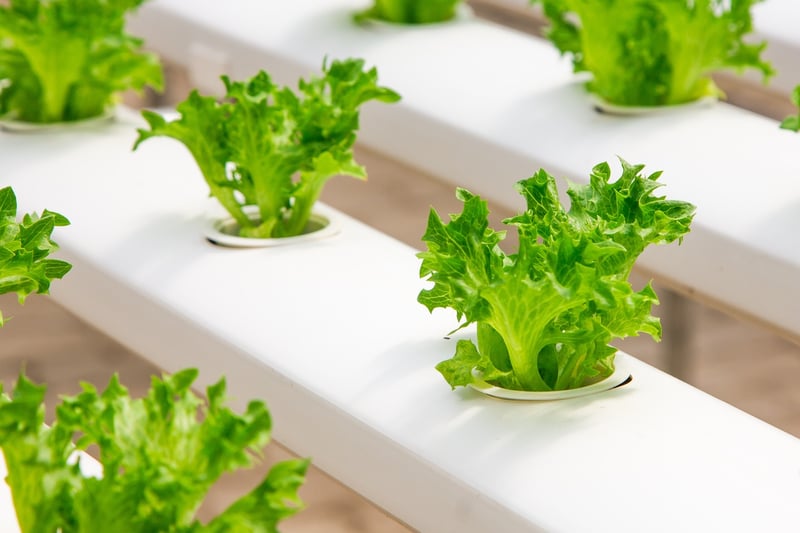Hydroponic systems
The Future of Food Production: Hydroponic Systems
Traditional agriculture has been the backbone of food production for centuries, but with the world's population on the rise and the effects of climate change becoming more apparent, innovative solutions are needed to ensure food security for the future. One such solution that is gaining traction is hydroponic systems.
What is Hydroponics?
Hydroponics is a method of growing plants without soil, using nutrient-rich water solutions instead. This technique allows for more controlled growing conditions and can be done indoors, making it less susceptible to external environmental factors.

Benefits of Hydroponic Systems
- Water Efficiency: Hydroponic systems use up to 90% less water than traditional soil-based farming.
- Space Saving: These systems can be set up vertically, allowing for high-density farming in urban areas.
- Higher Yields: Plants grown hydroponically tend to grow faster and produce higher yields compared to traditional methods.
- Pesticide-Free: Since the plants are grown in a controlled environment, there is less need for pesticides and herbicides.
Types of Hydroponic Systems
There are several types of hydroponic systems, including:
- Deep Water Culture (DWC): Plants are suspended in a nutrient solution, with their roots submerged in water.
- Nutrient Film Technique (NFT): A thin film of nutrient-rich water flows over the plant roots.
- Vertical Farming: Plants are stacked in vertical layers, maximizing space efficiency.
The Future of Agriculture
As the world faces increasing challenges related to climate change, population growth, and limited resources, innovative solutions like hydroponic systems offer a glimpse into the future of agriculture. By embracing technology and sustainable farming practices, we can ensure a more secure and efficient food production system for generations to come.

Join the revolution in food production and explore the possibilities of hydroponic systems!
Learn more about hydroponics at Wikipedia - Hydroponics
